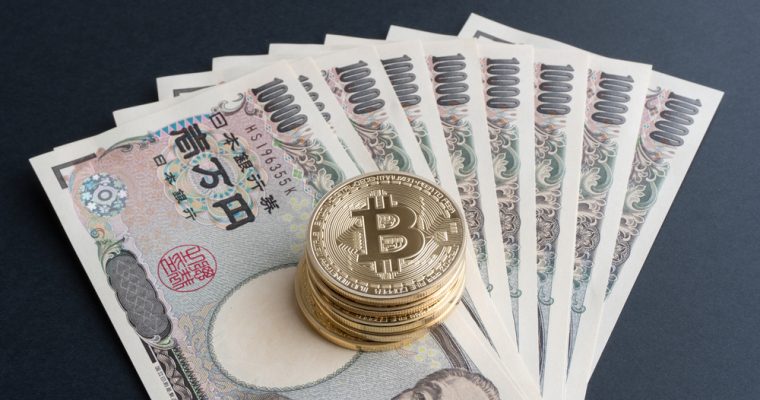Japanese Cryptocurrency Exchange Blunders By Selling Bitcoins For Free

Liberland Plans To Launch Its Own Virtual Currency
February 28, 2018
“Bitcoin Inventor” Craig Wright Faces A $10 Billion Lawsuit
February 28, 2018Zaif, a Japanese cryptocurrency exchange announced recently that it experienced a technical error that allowed investors to transact Bitcoin for zero Yen. According to the firm, the blunder took place on February 16 in a 20-minute window. During that time, seven customers successfully purchase Bitcoin at zero Yen rate.
The company already corrected the deficit from the customers’ accounts but it’s still working out with one of the traders who had already transferred a huge sum of tokens out of the account immediately after the transaction. The exchange claimed that no one has gained from the error although it’s not yet clear whether the firm has retrieved its entire token from the concerned investors.
Since the recent hacking incidence that made the cryptocurrency investors lose more than half a billion US dollars ($530 million) from the Coincheck, the Japan’s financial regulator, Financial Services Agency (FSA) had ordered all the 31 cryptocurrency exchanges to present their reports on their system risk management.FSA carried out spot inspections of all the crypto exchanges following the Coincheck hack.
The technical glitch at Zaif has raised concerns over the preparations that the crypto exchanges have to tackle such occurrences. The firm has promised to prevent the recurrence of the problem and will upgrade its systems to enhance its customer service. According to the latest news from Reuters, Zaif is a licensed company under FSA while others including the Coincheck operate without permits as they wait for the approvals of their registration of the applications which are still pending.
Zaif is a government-registered exchange that is managed by the Osaka-based Tech Bureau Corp. The recent incidence made Zaif immediately check with the regulators amid the fears that the systems were at the risk from attacked by the hackers and other cybercriminals. People have raised questions about the recent unfortunate event at Zaif as to how it’s possible to have faulty systems working at the most advanced and innovative company that should be on the first line in terms of security and safety concerns.

